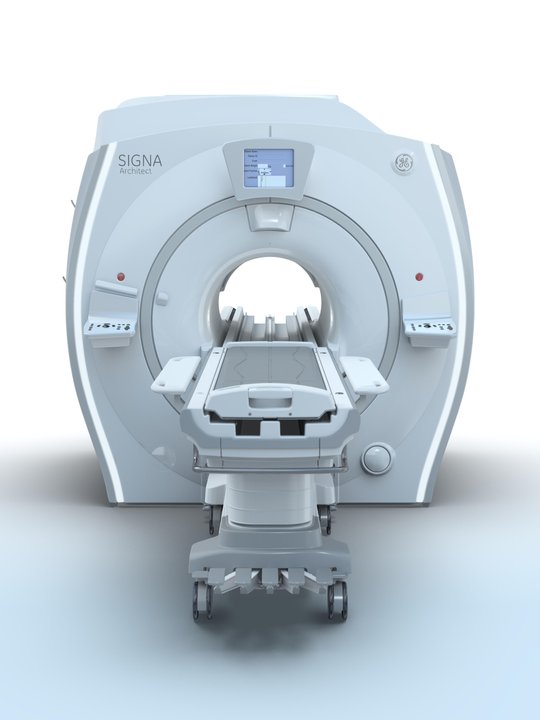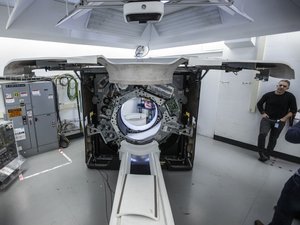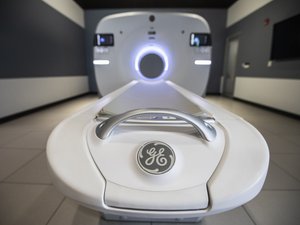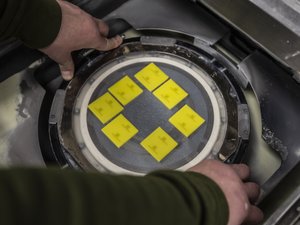
GE HealthCare Technologies and UW-Madison, which have collaborated for years on scientific and technological advancements, formalized a new 10-year strategic agreement they say will take them to new frontiers in digital technologies and disease-focused solutions.
The two organizations said their combined future efforts could drive improved diagnosis and disease management through developments in magnetic resonance (MR), computed tomography (CT), ultrasound, interventional radiology and molecular imaging.
Their work will include a focus on Theranostics, a future advanced treatment option that combines diagnostic technology and therapeutics to manage diseases such as prostate cancer.
Theranostics has the potential to help improve outcomes of even late-stage cancer through precision oncology treatments, according to GE HealthCare (Nasdaq: GEHC). Experts in nuclear medicine and molecular imaging view Theranostics as one of the most exciting areas for continued exploration, the company said.
The collaboration also has the potential to advance artificial intelligence (AI) and digital solutions across the care continuum to enhance clinical workflows and the delivery of more precise, personalized care with greater value, UW and GE HealthCare said.
“Our enduring relationship with GE HealthCare has led to advanced clinical technologies as a result of research that we have also seamlessly translated from bench-top to bedside and deployed in real-world clinical settings,” Dr. Thomas Grist, chair of the Department of Radiology at UW-Madison, said in a press release. “With our shared goals of improving experiences for patients and cultivating more personalized care, the work of our combined teams has the potential to impact many patients around the world for years to come.”
Over the past decade, UW-Madison and GE HealthCare have conducted more than 130 research studies, leading to numerous scientific and technological advancements. For example, a landmark study using quantitative MRI to map iron concentration in the liver showed the potential for early detection and management of liver disease.
“We have worked with University of Wisconsin-Madison for many years to help foster the future of biomedical technology, and this is a natural progression of our collaboration,” said Jay Hill, GE HealthCare's vice president of advanced technology.
Most recently, UW-Madison became the first U.S. research scanning site for GE HealthCare’s novel silicon-based photon counting CT prototype engineered with “Deep Silicon” detectors with the aim to enhance imaging capabilities to help clinicians improve patient outcomes.








